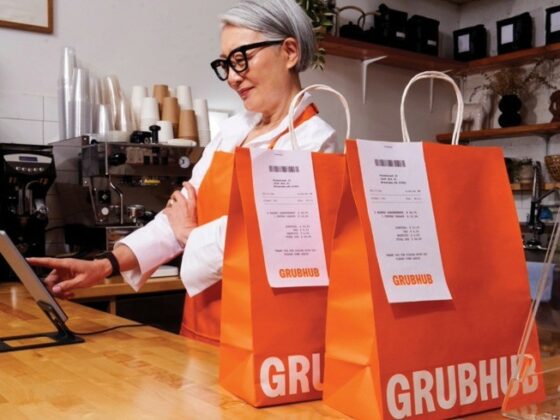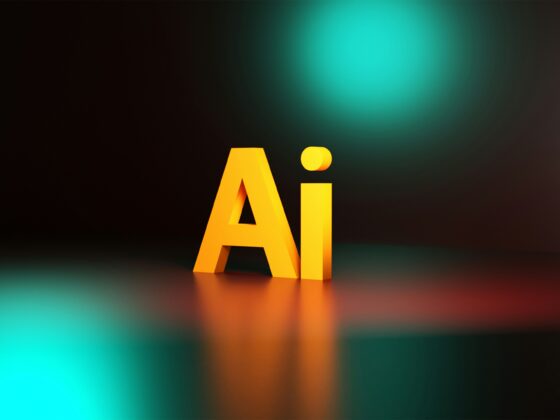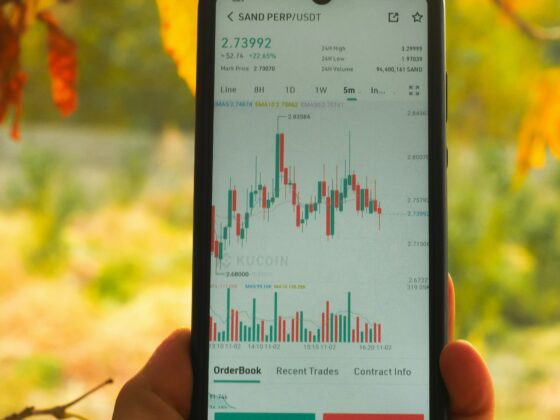After fifteen years spent teaching students across Europe, twenty in digital marketing, and twenty-six in hospitality, one conclusion imposes itself with brutal clarity: (almost) everything we thought we knew about booking funnels belongs to the past.
For decades, we mapped the guest journey around those so-called micro-moments, the dreaming of the “I-want-to-get-away” moment, the planning of the “time-to-make-a-plan” stage, the conversion of the “let’s-book-it” decision, and finally the “can’t-wait-to-explore” moment of truth. That cartography has now officially collapsed.
Conversational and agentic AI does not negotiate with inherited structures, while platforms such as TikTok Go erase the distinction between discovery and booking, fusing them into one indivisible rhythm, a beat without sequence, a pulse without friction.
Ben Wolff is correct when he argues that this is not merely a feature but the first decisive mutation of social platforms into full-fledged booking engines, and the same can be said for ChatGPT, Perplexity, etc.
TikTok Go and conversational (and agentic, too) AIs show us what happens when inspiration and transaction no longer follow one another but collapse into the same gesture.
And once this “anti-funnel” becomes the dominant grammar, every wall we once considered sacred, from touchpoints to attribution models to tracking systems, begins to corrode like abandoned infrastructure, relics of a vanished epistemology.
Time to update my syllabus, I guess…







